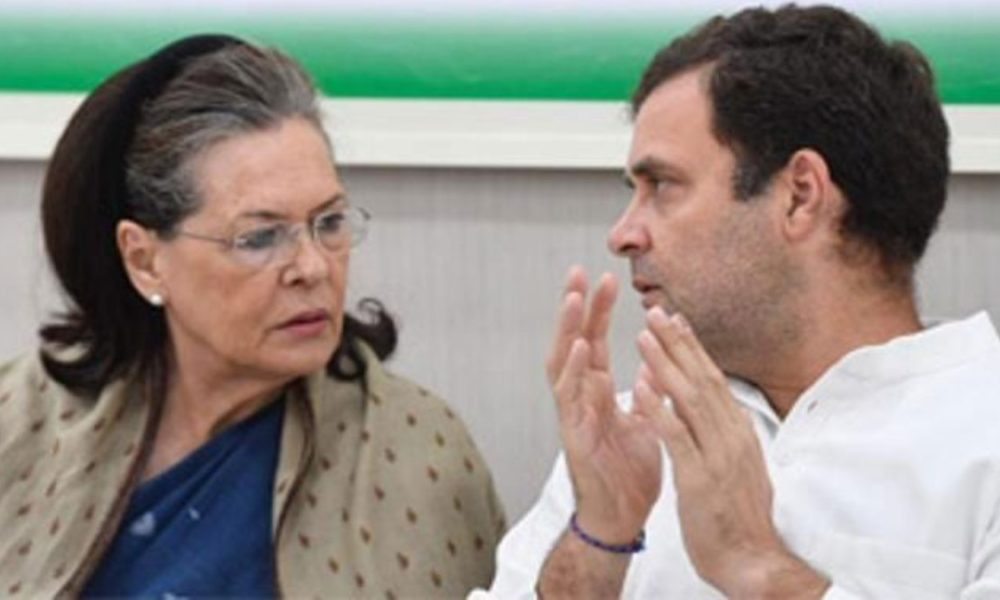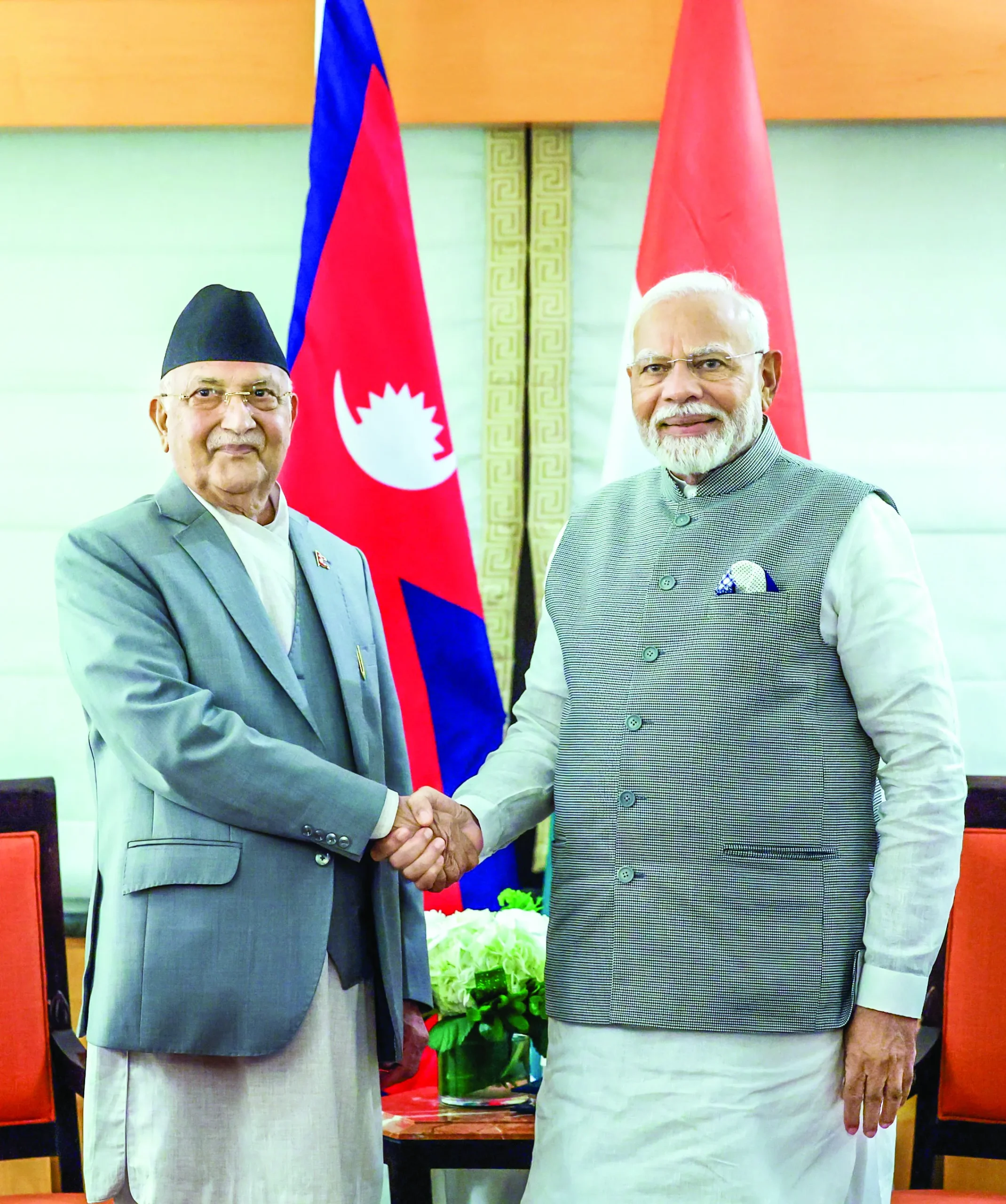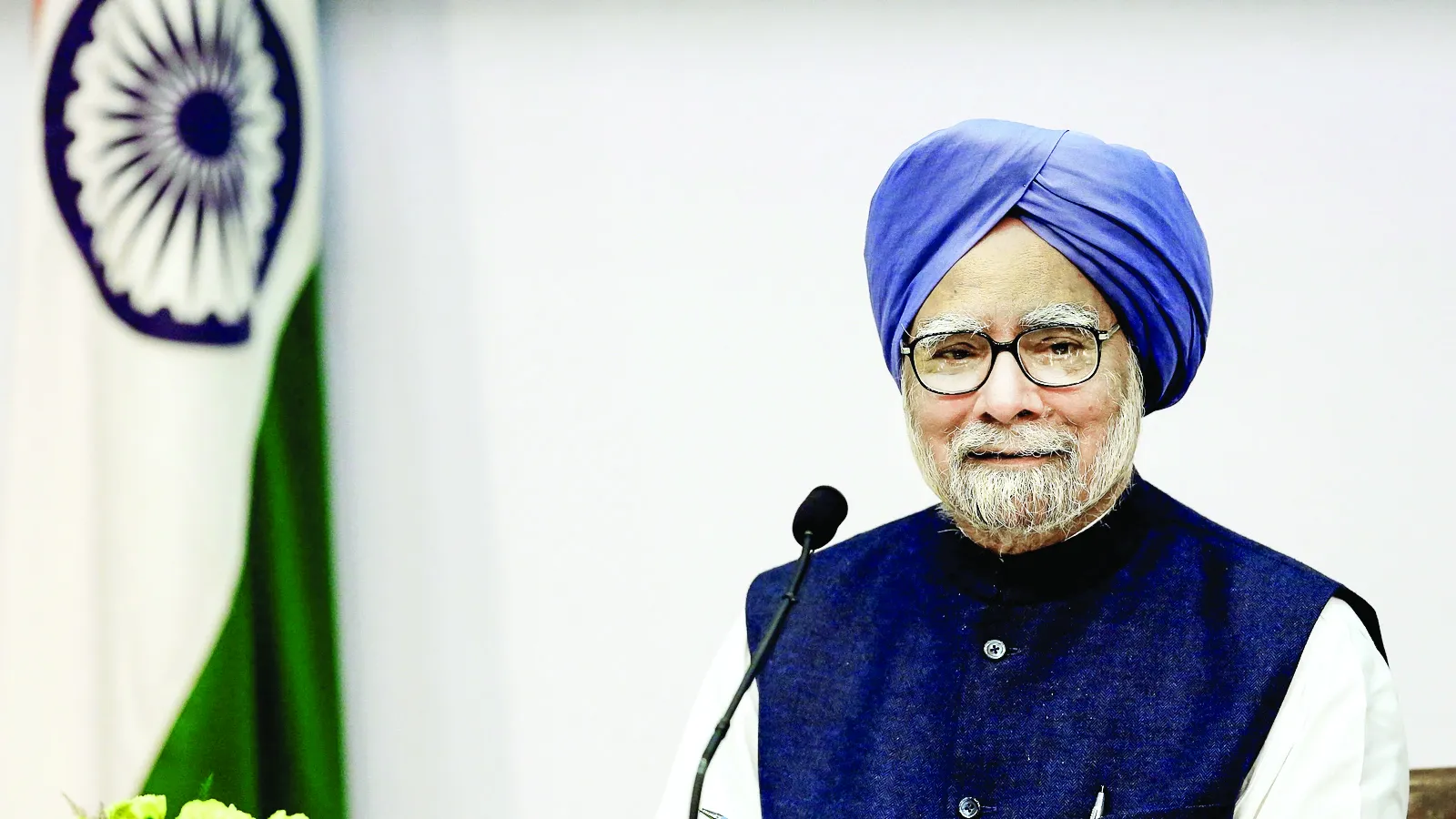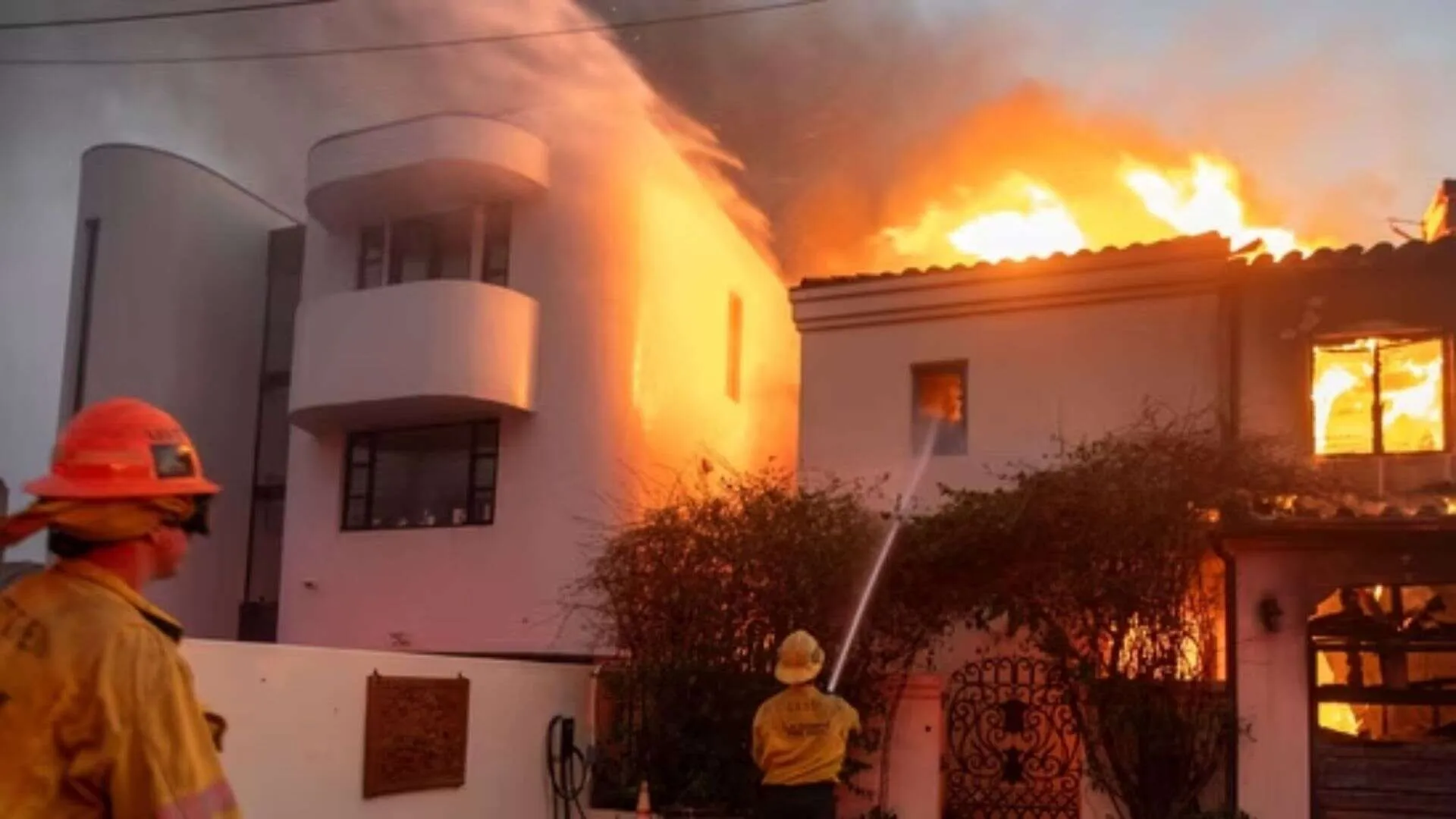A day after the five-hourlong meeting convened by interim Congress president Sonia Gandhi at her 10, Janpath residence, party workers were wondering why an honest introspection has not taken place during the past six-and-a-half years despite the drubbing in two parliamentary elections. The party since 2014 has been slipping and the High Command, by its erratic and inconsistent manner of functioning, continues to work in a casual and apolitical way. Therefore, the assurance given by Sonia Gandhi to the dissenters that a “Chintan Baithak” would be held in the New Year, appears to be a promise without any substance. An attempt is being made in some quarters to create an impression that the proposed conclave would be on the lines of what transpired both at Pachmarhi and in Shimla. However, when these two meetings had taken place, the Congress graph was not as dismal as it is now and there were political pundits like Pranab Mukherjee, Arjun Singh and Makhan Lal Fotedar to devise both a practical strategy as well as a pragmatic blueprint to show the future path. The present Congress lacks the astuteness and perception of these three veterans and those who can take their place are never encouraged to come forward, since the leadership fears that they could outwit the Gandhis. The suggestion given by P. Chidmabaram at Saturday’s meeting that the organisation should not be general secretary-centric but provide greater freedom to the state units to function, is a step in the right direction. Kamal Nath’s expertise at contesting elections and recognising the ground realities could be utilised by the 135-yearold party, whose future appears to be bleak. The mass appeal of Bhupinder Singh Hooda as also his family’s long association with the Congress and Ashok Gehlot’s understanding of realpolitik must be factored in. Rahul Gandhi’s intentions of attacking the BJP may go down well with the workers but till the time he gets proper advice from more experienced party colleagues, it would be of no use. The BJP’s political ambitions are clear; it wants to decimate the Congress at as many places it can. While all attention is fixed on what is happening in West Bengal, the BJP is silently working to dislodge the Ashok Gehlot government after the first attempt failed. It is in touch with the Rajasthan dissidents and hopes to pull off the Operation Lotus sometime in the New Year. The present leadership of the party should be wary of what is going on and take measures that can save its government.
Rahul Gandhi had reportedly made some caustic observations while referring to both Chidambaram and Kamal Nath during Saturday’s discussion. However, he failed to point out that the Congress was in its weakest state in Uttar Pradesh where Priyanka Gandhi Vadra is in charge. It is even more significant since the family contests all its elections from this politically important region. Introspection is desirous if it looks towards fixing accountability and improving matters.
The organisational structure of the Congress has never been as vulnerable as it is now. Obviously, the High Command needs to own up its mistakes and allow things to be rectified. Rahul had resigned as the party president last year owing moral responsibility for the Lok Sabha defeat. It is time now to ascertain what resulted in this debacle and how one can learn from one’s mistakes. It is also time to have an elected president and members of the Congress Working Committee to weed out dead wood. And the reconstitution of the Parliamentary Board for wider consultations. Leaders have to be accessible and should be able to establish their own communication channels with the grassroots workers.























